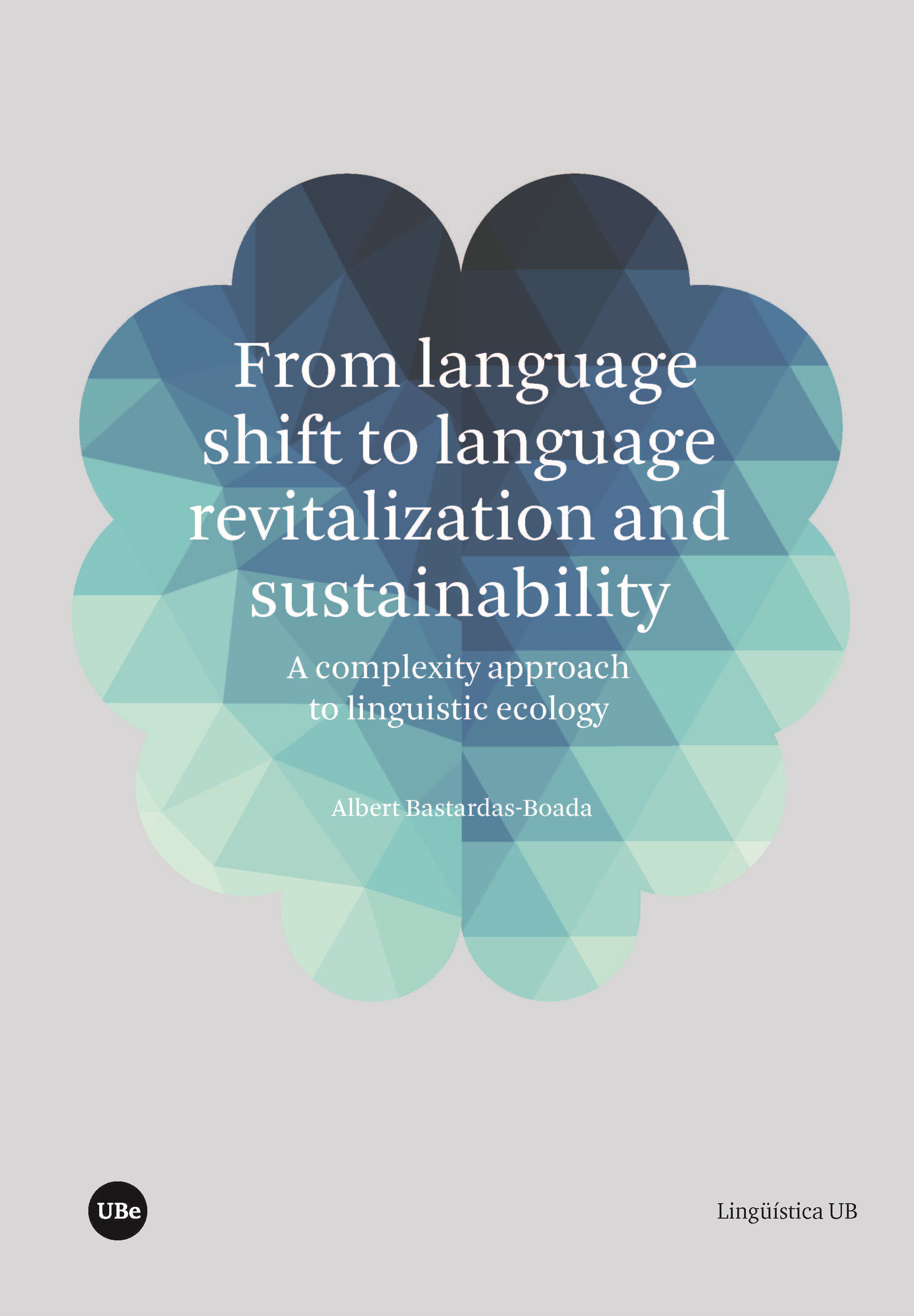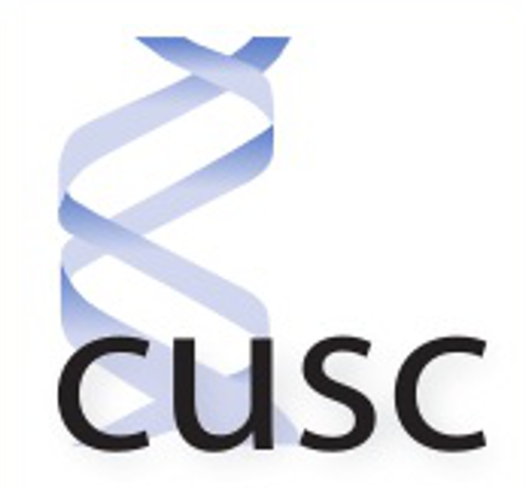Albert Bastardas-Boada acaba de publicar, a Publicacions i Edicions de la Universitat de Barcelona, From language shift to language revitalization and sustainability. A complexity approach to linguistic ecology. Aquest llibre, concebut originàriament des d’una perspectiva ecològica i holística (actualment coneguda amb el nom de complèxica), és una traducció a l’anglès, amb actualitzacions menors, d’un volum que l’autor va publicar en català el 1996 amb el títol Ecologia de les llengües: medi, contactes i dinàmica sociolingüística, juntament amb alguns articles que va escriure posteriorment. L’objectiu de l’obra, tant abans com ara, és proporcionar una millor comprensió dels fenòmens sociolingüístics que sorgeixen en el contacte de llengües, especialment pel que fa a l’àrea catalanoparlant. Les qüestions que s’hi exposen, malgrat que ja ha passat cert temps, continuen tenint  vigència.
vigència.
En aquest enllaç hi podeu trobar la taula de continguts i el prefaci de la publicació. Us en deixem, també, una breu sinopsi, escrita pel mateix autor:
Drawing on the perspectives more inspired by systems thinking and complexity and yet
obviously not ignoring advances in bio-ecology itself, this book is devoted to conceive of an
ecology of language contact grounded in a psycho-sociologico-political approach that is
multidimensional and dynamic, and can give an account of the intertwinings and
interdependencies of levels and factors that influence and/or co-determine the evolution of
language forms and varieties involved. This interdisciplinary collaboration, inspired in a general, holistic approach, is the best way of being able to grasp the phenomena arising in the evolution of situations of language contact. This approach, like the constitution of a general (bio)ecology, steers clear of fragmentation and specialization by taking the opposite road, integrating elements from vastly different sociocultural disciplines that are nevertheless useful and necessary to understand human sociolinguistic ecosystems and their whole-part interrelations.Following in the footsteps of bio-ecology, Bastardas-Boada also propose adopting the concept of ‘sustainability’ within the fields of sociolinguistics and language policy in order to respond to the escalating rise in language contact, pushed strongly by the spread of English and other major languages in the context of globalization. The goal is to rethink the linguistic organization of humanity – and, therefore, to make language continuity possible – in a frame marked by a clear increase in human polyglotism. How to make compatible the maintenance and development of most of human language communities and the individual plurilingualism that can enable their inter-communication – this is the big question. From this approach, a sustainable linguistic contact will be that which does not produce linguistic exposure or linguistic use in allochthonous language at a speed and/or pressure so high as to make impossible the stable continuity of the autochthonous languages of human groups.
The application of metaphors or theoretical images from ecology, complexity and figurational or processual sociology in understanding language and sociocommunication phenomena is of great use. By visualizing, for instance, the different levels of linguistic structure not as separate entities but rather as united and integrated within the same theoretical frame, by seeing their functional interdependencies, by situating them in a greater multidimensionality that includes
what for a long time was considered ‘external’ – the individual and his mind-brain, the sociocultural system, the physical world, etc. – and expanding in this way our classical view, we should be able to make important, if not essential, theoretical and practical advances.The fundamental ideas that this book contains can help us to gain a better understanding of processes of language contact – especially those involving minoritisation and revitalisation or normalisation – and be useful not only for human communities aspiring to reverse language shift but also in the attainment of a linguistic organization of humanity marked by greater justice, sustainability and solidarity.
